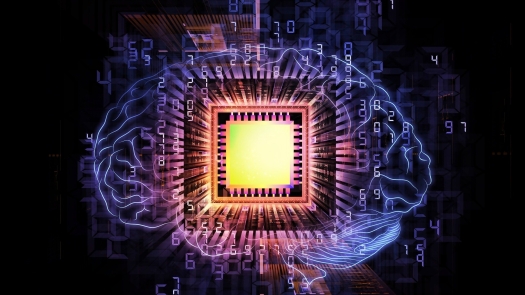
The paradox of our time is that humanity is becoming simultaneously more unified and more fragmented. That is the principal thrust of contemporary change. Time and space have become so compressed that global politics manifest a tendency toward larger, more interwoven forms of cooperation as well as toward the dissolution of established institutional and ideological loyalties. Humanity is becoming more integral and intimate even as the differences in the condition of the separate societies are widening. Under these circumstances proximity, instead of promoting unity, gives rise to tensions prompted by a new sense of global congestion. A new pattern of international politics is emerging.
The world is ceasing to be an arena in which relatively self contained, “sovereign,” and homogeneous nations interact, collaborate, clash, or make war. International politics, in the original sense of the term, were born when groups of people began to identify themselves— and others—in mutually exclusive terms (territory, language, symbols, beliefs), and when that identification became in turn the dominant factor in relations between these groups. The concept of national interest—based on geographical factors, traditional animosities or friendships, economics, and security considerations— implied a degree of autonomy and specificity that was possible only so long as nations were sufficiently separated in time and space to have both the room to maneuver and the distance needed to maintain separate identity.
